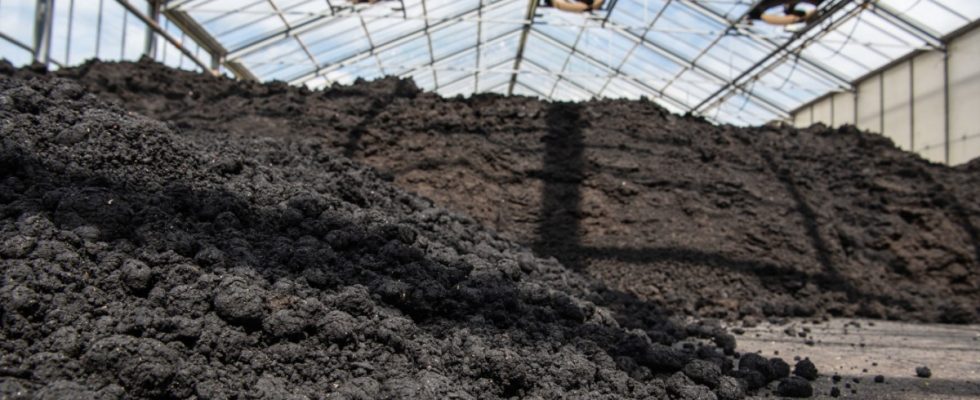The Federal Nature Conservation Association is calling on the state government to rethink the incineration of sewage sludge – also for the sake of the climate. Recently, increased planning activity for sewage sludge mono-incineration plants has been observed in Bavaria, according to a statement sent out on Thursday. But these have “the worst CO₂ balance of all sewage sludge treatment processes,” the deputy state representative of the Federal Nature Conservation Association, Christine Margraf, is quoted as saying. The fact that so many systems are still being planned is “completely the wrong development”.
The Federal Nature Conservation Association justifies its position with a self-commissioned study, which was also presented on Thursday. In addition to mono-incineration, three other processes for treating sewage sludge are also being examined for the CO₂ produced. Pyrolysis performed best. In very simple terms, dried sewage sludge is heated in the absence of oxygen. The result is, among other things, a phosphorus-rich residue, a so-called carbonate, which is suitable, for example, for fertilizer production. Nevertheless, according to the study authors, pyrolysis has a decisive disadvantage: using the carbonate in question for agricultural purposes “is currently not possible in Germany for legal reasons.”
In general, some see sewage sludge as an underestimated source of raw materials. Bayernoil has announced that it wants to produce aviation fuel from the waste product at the Vohburg refinery. Start-ups such as Green Hydrogen Technology in Augsburg are also involved in the further processing of sewage sludge. Overall, however, the federal government sees a “significant need for research” on the subject of nature conservation, which also needs to be clarified with state support: sewage sludge producers need “reliable information about the processes available,” otherwise there is a risk of “bad investments” at the expense of the environment and people.

